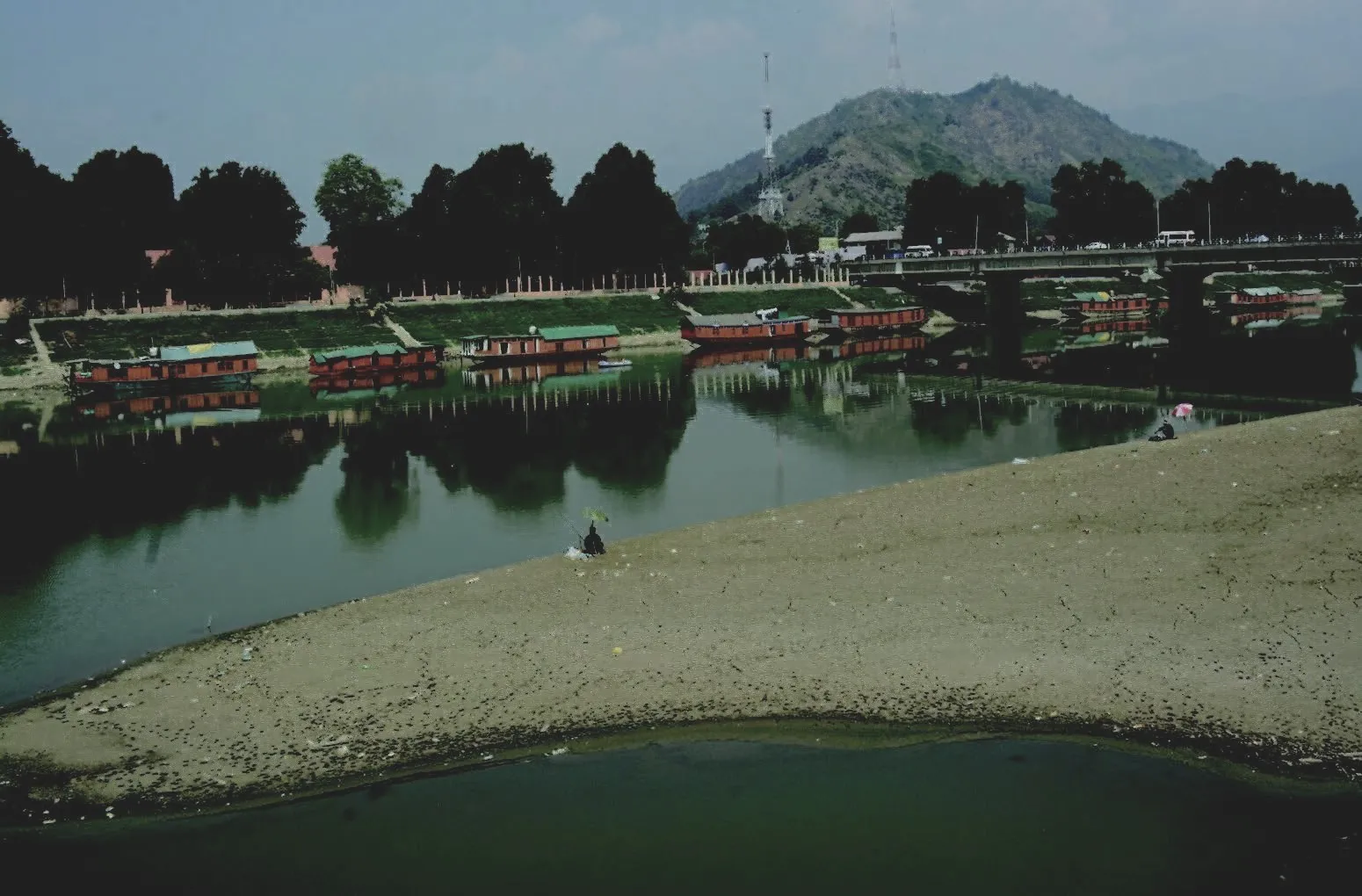Great humans have passed away. Humans of petty significance have tasted this universally inescapable medicine as well. Death doesn’t favour one over the other. Unbiasedly, it catches you off guard.
What remains of us then are the mere dusty remnants and the odorous container in which we lie silent and dead. The people who feel this unshakable truth is somewhat spine-breaking forget to consider that avoiding this reality adds to our miseries only: the more we are unprepared for it, the more the waves of shock are sure to wash over our vulnerable selves.
We wake up, we eat, we work, we take our lunch, we work, we eat, we sleep – and we follow the drill. Every. Single. Day. We love to be called someone else’s beloved, and we show love at the same time.
We appreciate being called someone else’s master and exhibit profound gratitude to those superior to us. We delight in seeing someone else trip over and then march forward showboating we care and we care – at times. We engage in ominous verbal exchanges and speak softly to one another.
Sometimes, we forcefully push ourselves ahead to hug someone else to dig into their back, and other times, we hold sympathy. In short, we carry two entirely different versions of ourselves, each in sharp contrast to the other.
Death, we pay little attention to. But when a disease strikes, we crumble into nothing. Nothingness surrounds the two versions of us and mixes them so devilishly that we get shovelled way below its baseline: stark and absolute nothings we metamorphose into.
And it’s here where we get the epiphany that we are mortal creatures, and what matters in the end are the deeds we have done – both to ourselves and the people.
God, whether you bow before Him or understand Him to be a formidable force running the course of this universe, has sent us in here with a purpose: to love and have a sense of humility in the midst of having swathes of options to act otherwise.
What we call a civilized human has nothing to do with revelling only in the day-to-day extreme pleasures but with understanding ourselves and our disposition to act both sanely and selfishly: the two versions of us.
Our duty lies not in reinforcing selfishness and its associates but in separating them from the brighter version of ourselves. Understanding it and bringing the both into our consciousness – and not allowing the dark version of ourselves to make takeover bids over us – and acting as sanely as possible stand the constituent elements of a civilized people.
We love; we reverse our tendency to exhibit the superior-I-am expressions; we understand the purpose that the almighty has entrusted us with; we realize the human duality; we care – and we remember death. From time to time. Every time. And all the time.
The writer is a post-graduate student of History at Kashmir University.







